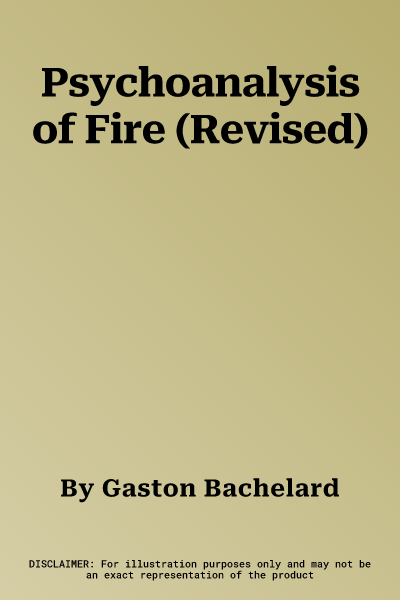Gaston Bachelard
(Author)Psychoanalysis of Fire (Revised)Paperback - Revised, 30 January 1987

Qty
1
Turbo
Ships in 2 - 3 days
Only 5 left
Free Delivery
Cash on Delivery
15 Days
Free Returns
Secure Checkout

Print Length
132 pages
Language
English
Publisher
Beacon Press
Date Published
30 Jan 1987
ISBN-10
0807064610
ISBN-13
9780807064610
Description
Product Details
Author:
Book Edition:
Revised
Book Format:
Paperback
Date Published:
30 January 1987
Dimensions:
22.53 x
13.06 x
0.81 cm
ISBN-10:
0807064610
ISBN-13:
9780807064610
Language:
English
Pages:
132
Publisher:
Weight:
172.36 gm